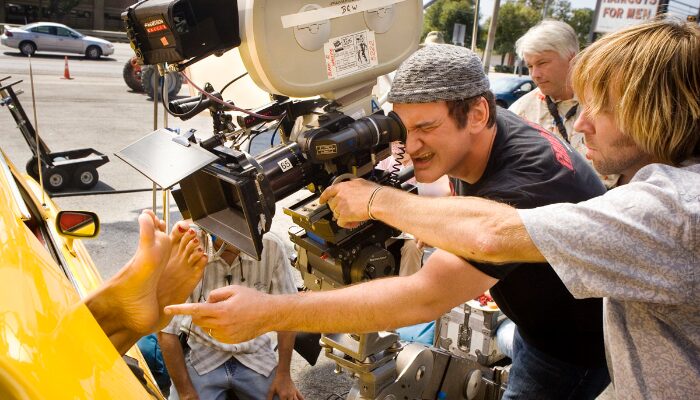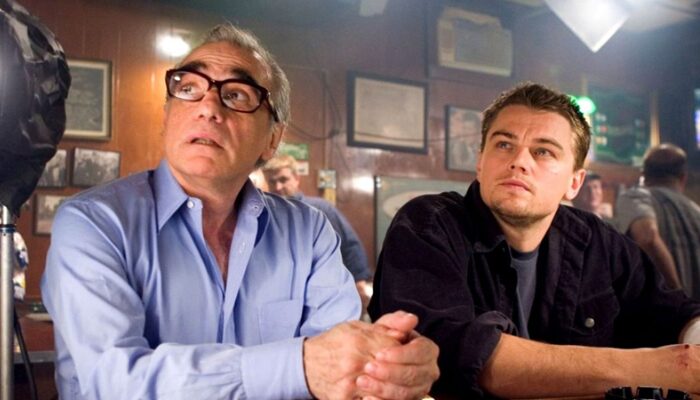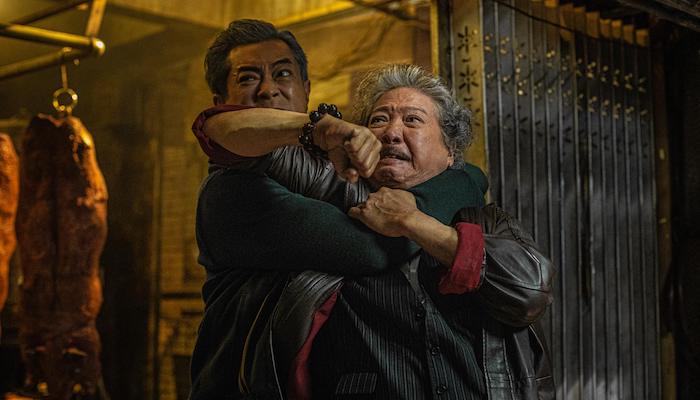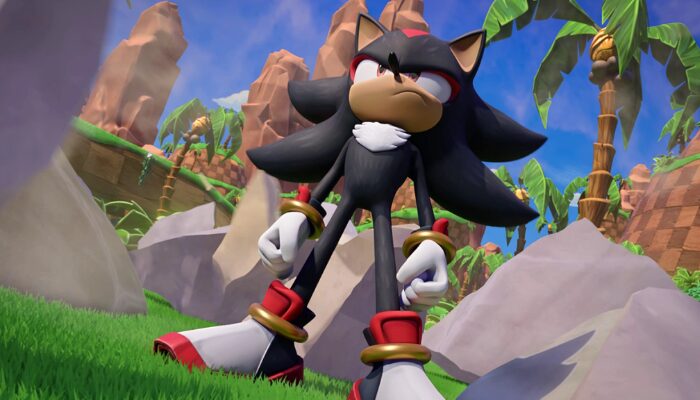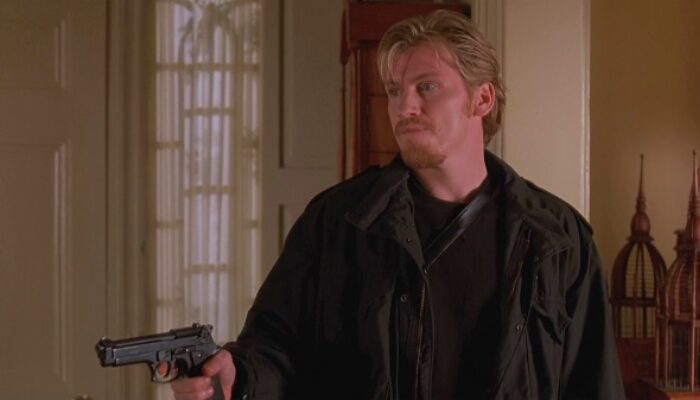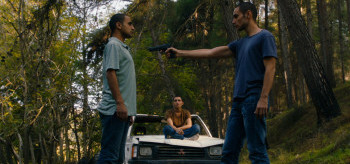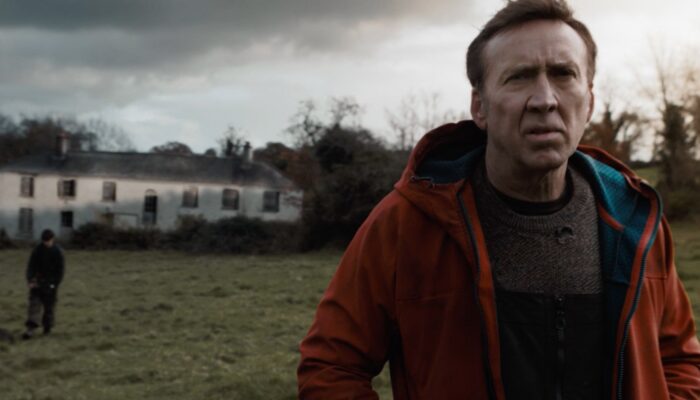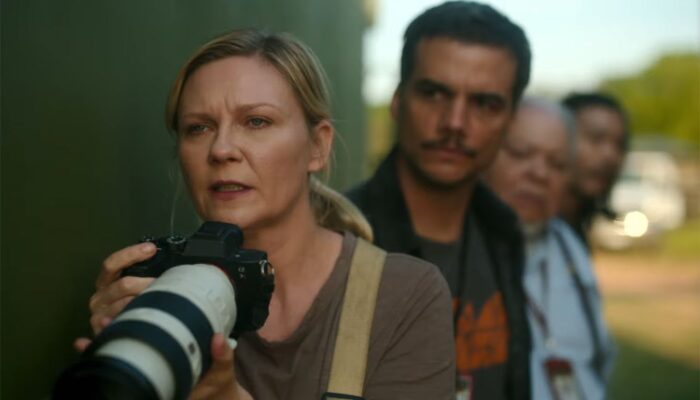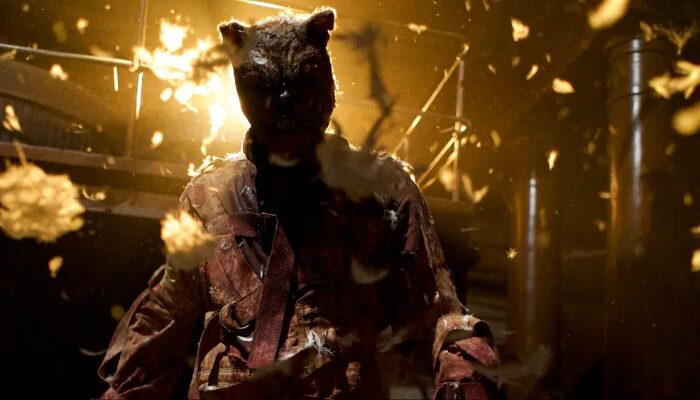Film Review: OMAR (2014): Great Desire Means Greater Leverage
Omar (2014) Film Review, a movie directed by Hany Abu-Assad, and starring Adam Bakri, Leem Lubany, Waleed F. Zuaiter, Samer Bisharat, and Iyad Hoorani.
I would argue that, by and large, a sizable portion of the World’s population knows, or has known, a thing or two about occupation. Even in the U.S., if there are no familial ties to past and present hot spots like Ireland, or eastern Europe, there is an occupation dynamic to its urban centers; a result of law enforcement officers not living in the communities they patrol. You don’t have to be subject to “stop & frisk” to appreciate an act of abuse and humiliation by an occupation force. With that notion in mind, I think Omar offered a scenario that anyone could see as familiar, if not be familiar with. It may just take some divesting, from whatever preconceived notions the viewer may have, about any specific occupation, in order to appreciate the universal themes inherent to a setting under occupation.
The specific occupation, in this case, is Palestine.
Omar revolved around the Israeli/ Palestinian conflict, and much of the plot centered around the lengths actors on both sides are willing to go to, in order to either liberate or secure the territory; but Omar wasn’t about the conflict. Omar told the story of one man’s efforts to secure his desired future. For titular character Omar (Adam Bakri), that future included marriage to childhood sweetheart, Nadia (Leem Lubany). The problem was that the only way to secure that future was the liberation of Palestine. For many Palestinians, including Omar’s best friends, Amjad (Samer Bisharat), and Tarek (Iyad Hoorani), no future can be secure under occupation. After generations of such sentiment, there was simply no way around it. Complicating matters was the fact that Omar had to scale the Israeli partition wall, in order to get to Nadia. Complicating matters further was the fact that cell leader (and very intimidating fellow) Tarek was Nadia’s brother (giving him final say on whom she marries), while Amjad had his own designs on Nadia. With Nadia declaring her love to him, however, Omar was free to focus on the matter of hand: dealing a blow to the Israeli Defense Force.
Nothing says it’s time to put away childish things like a vintage Mosin Nagant sniper rifle. When Amjad choked, behind the trigger, Omar struck the fatal blow that set events in motion. It did not take long for Israeli Shin Bet agents to find them, but only Omar was caught. After a period of torture, Omar was (all too easily) tricked into a vaguely defined confession. Agent Rami (Waleed Zuaiter) then set about turning Omar, as a surefire conviction meant the end for his future with Nadia – and possibly Nadia’s future as well. The authorities were convinced that Tarek was the trigger-man, so the plan was to use Omar to get to Tarek.
Omar’s compliance meant early release; but early release meant instant suspicion. On Omar’s insistence that he was a triple agent – only leading the Israelis on – Tarek saw an opportunity to kill even more Israeli operatives. The outcome of this turn left Omar on the outs with both sides. Tarek and Rami’s obsession with getting the drop on each other, however, left Omar some wiggle room. This he utilized mainly in keeping things squared with Nadia. Unfortunately, for all parties concerned, Amjad was left overlooked. Amjad’s actions, off screen, ultimately forced everyone’s hands. Those actions were not undertaken alone.
Omar had tucked away some early misgivings, regarding Nadia, that would later resurface in time to send matters well beyond his simple, yet earnest, efforts to get a handle on things. As long as Nadia encouraged his affections, however, she remained the focus of all those efforts, and his Achilles heel.
I have to admit, it got a little hard to keep track of which side of the wall any given scene was set, from time to time; but I think there is a point to made, there. As far as Palestinians were concerned, it was all Palestine; the bonds of friends & family, and the threat of Israeli police action, equally present on both sides of the wall. Likewise, for someone like Rami, any Palestinian can radicalize – regardless of which side of the wall they happen to reside.
The wall, as the most obvious metaphor in the film, set the stage for some suspension of disbelief. I would imagine a strapping young Palestinian male would draw more attention by loitering at the wall; the kind of attention that would make the knotted rope, he was standing by, more noticeable. Omar served multiple stints in solitary confinement, where he found himself relating to an ant, roaming in circles without its colony. Ants don’t live that long – especially when alone. I only bring these up because I think such details had more symbolic value, than anything else. I think the same view should be applied to the larger conflict as well.
Omar, as portrayed by Adam Bakri, was far too careless and single-minded to be sympathetic. He was, however, understandable, and I think that was all we were meant to expect from any of these characters. Even those unfamiliar with semetic traditions might understand the overwhelming sense of responsibility behind Omar, Tarek, and even Rami’s actions. Rami was a family man, which showed in his more personable moments with Omar. He had a responsibility to protect his family; a responsibility that extended to the entire state of Israel. Waleed Zuaiter was able to combine the two elements; bringing a paternal warmth to Rami’s role as the face of the occupation. Tarek, for all intents & purposes, was the head of his family; but as a relative youth, he was more preoccupied with action than process, in attempting to set an example. What Iyad Hoorani’s portrayal lacked in dimension, was made up for in intensity. It was this intensity, placed next to Zuaiter’s subtle charm, that allowed Samer Bisharat’s character to go mostly unnoticed. With such heavy subject matters being explored, it would be easy to write off a comic relief character as affably portrayed as Amjad was. The self-conscious weakness of his character, which was also easily overshadowed, was almost as consequential as the fluid adaptability of Leem Lubany’s Nadia. The need for security, whether as a matter of family or state, means a state of of insecurity. If the men of Omar were intent on creating security through forceful control, then Nadia represented security through adapting to ever changing events. Lubany’s ability to make anyone in her presence feel like the most important person in the world, that made Nadia even more important to the film than any of its other characters understood.
What worked best for Omar were subtle moments, that may have been meant to draw in the viewer. Moments where singular expressions would beg the question of who was in the know, who was feigning ignorance, and who was playing who. There was also the relaxed dialogue, which served to both heighten tension, as with some of Rami’s more pointed exchanges with Omar, and relax them, as with Amjad’s asides, anecdotes, and one-liners. These were not, by any means, throw-away moments. One such moment – a parable on the science of snaring monkeys – stood out. I had my own reasons for noting it (I first heard it watching the classic Shaka Zulu series, and it had stayed with me ever since), but it would turn out to have more allegorical significance, to Omar‘s story, than even the wall.
Despite its many universal themes, the singular theme, that served to connect all of Omar‘s characters and events, was leverage. All of its character and plot development was driven by objects of desire. More to the point, everyone had clear motivations for doing (or undoing) what they did; but also sought to exploit each other’s motivations, as they were so blindly adhered to. Omar’s love for Nadia blinded him to how he was being manipulated for her sake. Tarek’s devotion to the cause left him open to anything that promised harm to its enemies. Rami’s fixation on Tarek, and the insurgent leadership, made everyone else out to be mere pawns, but resulted in him dropping his guard. Amjad was wracked by guilt, and not only acted out of fear of the truth, but was led by it. Nadia… well, Nadia had personal needs, and a privileged position, that allowed her to control the course of everyone else – perhaps even unconsciously.
There was no villain in Omar. It can be argued that there were antagonists – in the forms of Tarek, Rami, and the organizations they represented – but the truth of it all was that each character was out to gain, and willing to sacrifice almost anything to do so. If you were unable to get past the backdrop of the film’s conflict, it would be easy to cite Rami or Tarek as antagonist, depending on where you fall on the occupation issue. For some, it would be easy to declare Amjad a spineless cad. For me, however, the closest thing Omar had to a villain was Nadia. As the center of attention for Omar, Amjad, and Tarek’s personal preoccupations, she held a position of power and influence that she should not be faulted for utilizing. The seeming ease with which she manipulated, however, and the apparent ruthlessness to her motives, prompted me to suspect her as a mole – Rami’s ultimate trump card, and the final twist to a tragic conclusion.
Well, that simply sprung from my need to elevate Omar‘s characters to Hollywood proportions. Omar needed no villain. Nadia was every bit the victim of her own schemes, as Amjad, Rami, and even Omar. Some of the film’s characters would come to live with their decisions and actions, others would die as a consequence of their own. Omar was populated with relatively simple people, not character archetypes. The final twist, when it did come, might have seemed abrupt – even irrational – to some. I saw it as a natural consequence; what happens when one person loses that object of fixation, then acts on the still intact fixations of other players. The first to awaken from a mass illusion has the sleepers at their mercy.
Omar was not a film about the Israeli/Palestinian conflict, or the politics of Jihad vs. Zionism, and avoided being a mere re-imagining of Romeo & Juliet. It was about the intrusion of all-encompassing events, multi-generational in scope, into everyday life ambitions, and the extraordinary things we are willing to do just to have ordinary problems. Even if the viewer was ultimately incapable of getting past the specific setting, for Omar, the seemingly unending and untidy nature of its setting’s conflict should have at least dispelled the need for a clear and tidy outcome to its story.
I walked away from Omar with a certain frustration. Not at how sheepish, reactionary, or blindly fixated its characters were; but at the thought that such people & scenarios do exist – with real life actors just as locked in to often tragic roles. Whether it’s occupied France, or occupied Iraq, the leveraging of hopes and fears remains a constant. It is an outcropping of Human nature that I have come to accept.
Never mind the politics, I appreciated Omar‘s honesty at the personal level. I liked the film as a critic; I just don’t have to like it as a person.
6/10
Related Articles
FilmBook's Newsletter
Subscribe to FilmBook’s Daily Newsletter for the latest news!

